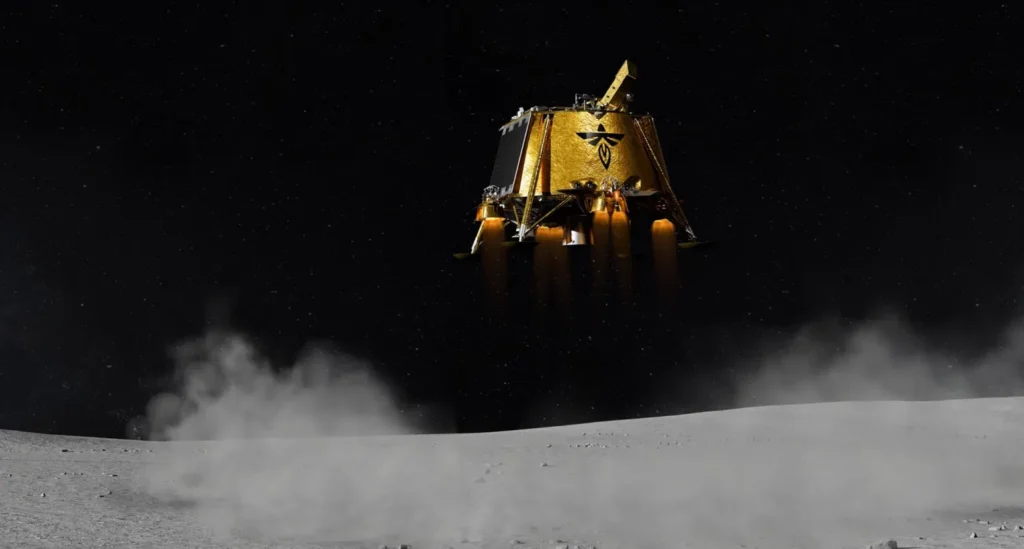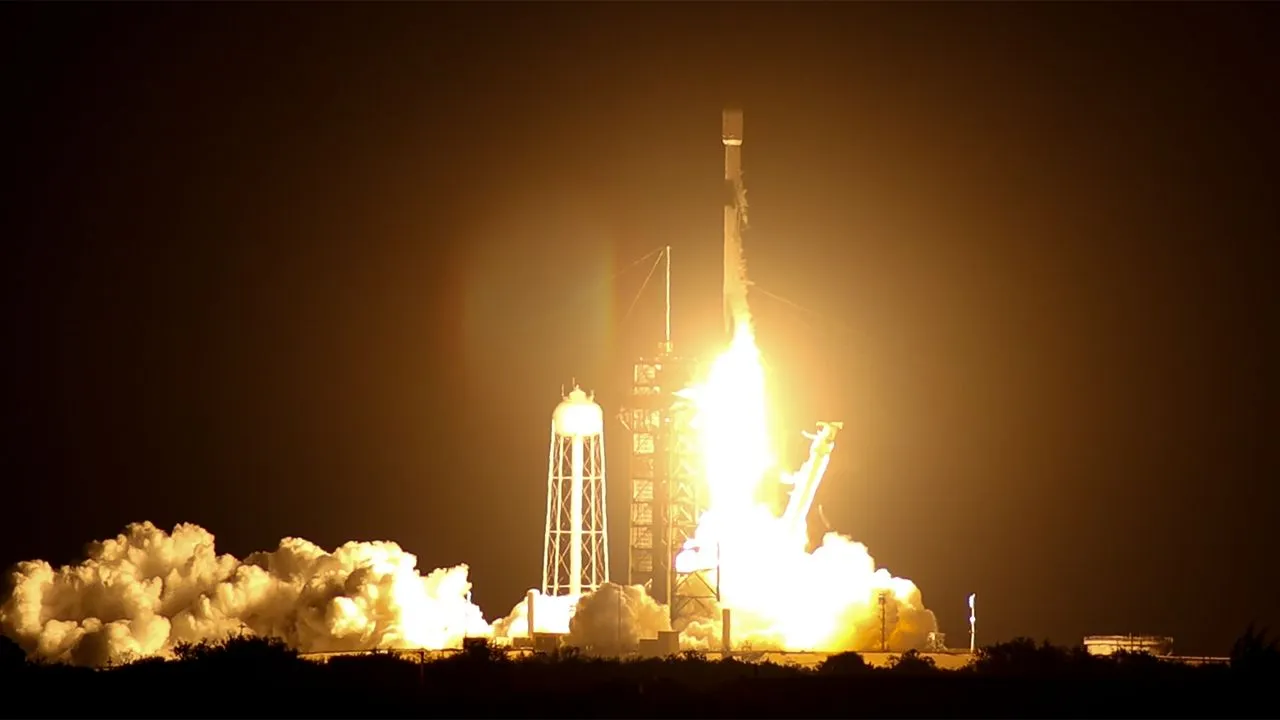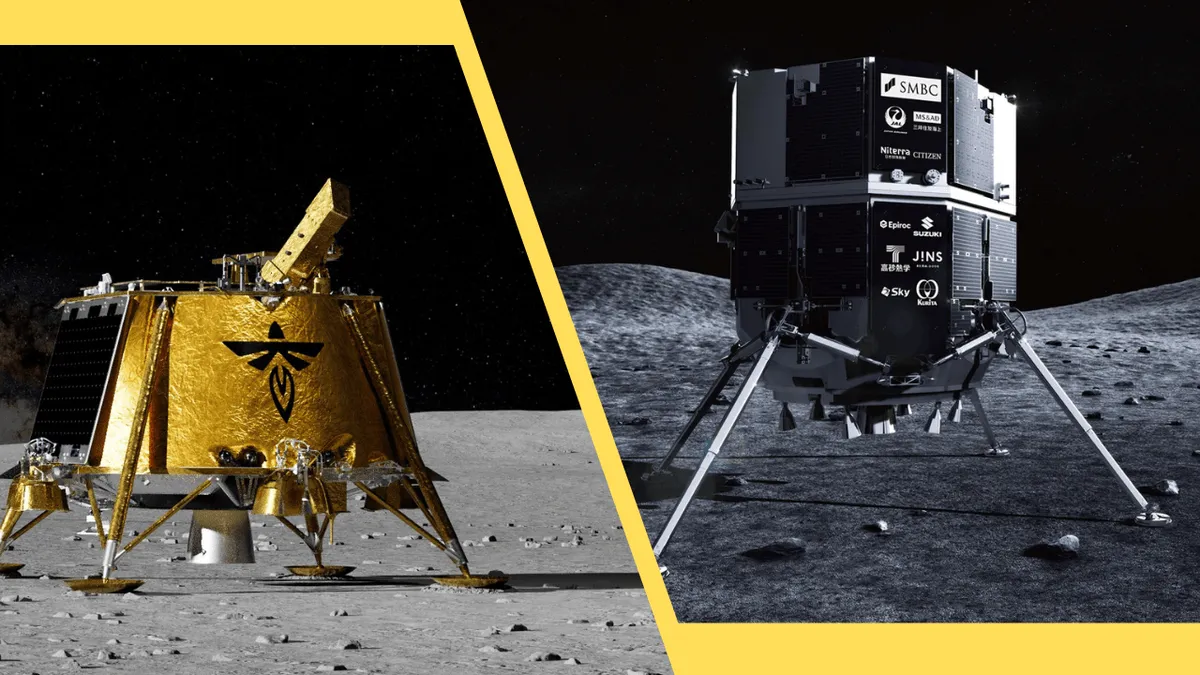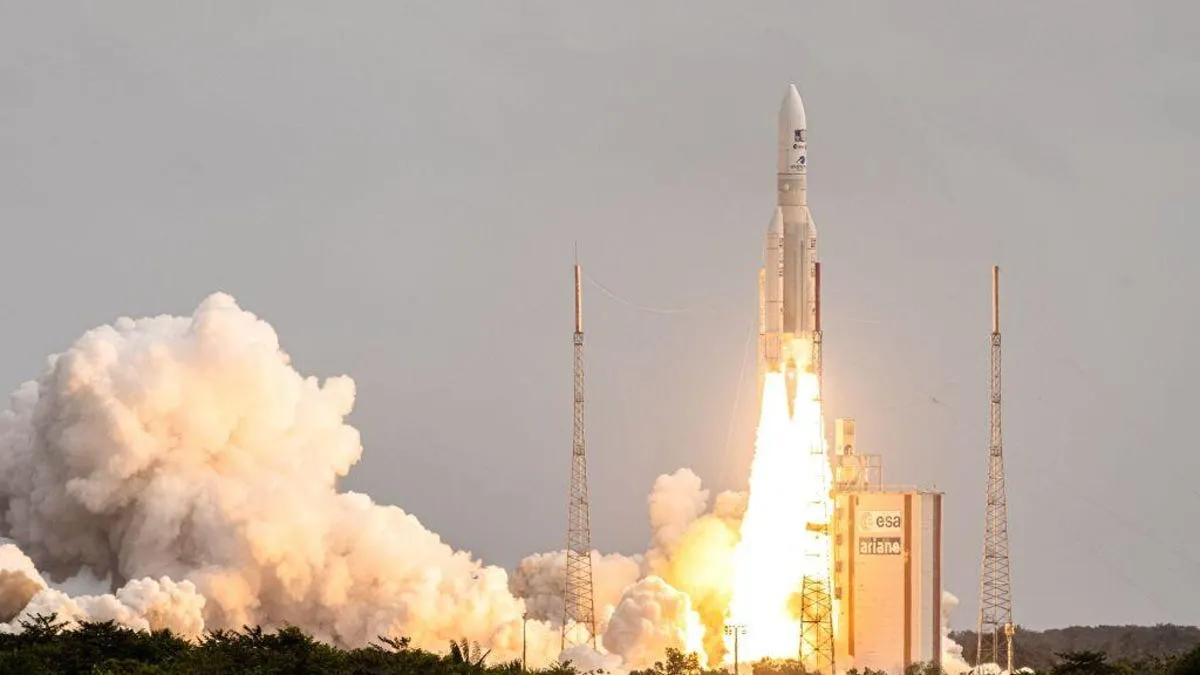
The space industry is witnessing a transformative era as private enterprises like SpaceX take monumental strides in lunar exploration. On a crisp Wednesday morning at Cape Canaveral, the skies bore witness to a historic launch. At precisely 7:11 AM French time on January 15, a Falcon 9 rocket propelled itself into the cosmos, marking a significant moment in space travel history. This event celebrated the departure of two commercial probes, Blue Ghost and Hakuto-R Resilience, embarking on a groundbreaking journey to the Moon.

The International Collaboration Behind the Probes
The mission showcases an exceptional example of international collaboration in space endeavors. Blue Ghost, an American probe constructed by Firefly Aerospace, and Hakuto-R Resilience, a Japanese probe developed by ispace, represent a powerful synergy between countries with shared scientific and exploratory goals.
Blue Ghost: America’s Lunar Scout
Under the aegis of NASA’s Commercial Lunar Payload Services (CLPS), Blue Ghost carries the mantle of America’s lunar ambitions. It is tasked with delivering 10 NASA instruments to study the Moon’s surface intricacies. Its destination is near Mount Latreille in the Mare Crisium region, a site visible from Earth, where it will land on March 2. This mission is not just a technological feat but a step towards sustained human presence on the Moon, aligning with NASA’s Artemis program objectives.

Hakuto-R Resilience: Japan’s Resolute Return
Meanwhile, Hakuto-R Resilience from Japan, orchestrated by ispace, aims to rectify past setbacks with a renewed landing attempt at Mare Frigoris. The probe carries a small rover named Tenacious, equipped to collect regolith samples, paving the way for future lunar resource utilization. This mission is particularly significant for Luxembourg, highlighting its emerging leadership in the lunar mining sector.
Why These Missions Matter
The significance of these missions extends beyond their immediate scientific objectives. They symbolize a broader shift in space exploration paradigms, where private entities are playing increasingly pivotal roles. By extending capabilities beyond governmental confines, these missions enhance international cooperation and foster innovations that could redefine future space exploration.
Each successful step these probes take towards the Moon not only furthers our understanding of our closest celestial neighbor but also reinforces humanity’s relentless pursuit of knowledge. As these commercial entities breach new frontiers, they open possibilities for future endeavors that could one day see us reaching farther into the cosmos.

As SpaceX’s Falcon 9 rocket ascended into the sky, it did more than just transport two lunar probes; it heralded a new chapter in space exploration driven by private innovation and international collaboration. The journey of Blue Ghost and Hakuto-R Resilience is not just a mission to the Moon; it’s a testament to human ingenuity and a beacon of hope for future generations aiming to explore the vastness of space.
